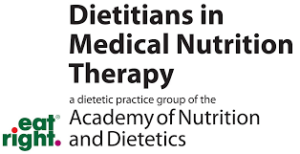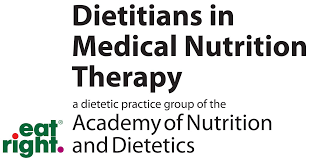What is the diet?
Following a gluten-free diet involves avoiding wheat, barley, rye, and all foods made with these ingredients. There are many naturally gluten free foods including dairy, seafood, meat, fruits, vegetables, fats and many grains.
What conditions is the gluten-free diet used for?
- Celiac Disease.
- Non-celiac gluten sensitivity (NCGS).
Why is the gluten-free diet being recommended?
A strict gluten-free diet is the only treatment available for celiac disease and non-celiac gluten sensitivity. In a person newly diagnosed with celiac disease or not treated with a gluten-free diet, many nutrients from food are not absorbed.
- Common deficiencies include iron, vitamin D, calcium, vitamin B12, folate, zinc, and vitamin B6.
- Many gluten-free food substitutes are lacking in some nutrients such as fiber, folate, iron and riboflavin.
Food sources to optimize
Optimize Nutrient Intake and Prevent Nutritional Deficiencies:
Choose whole, naturally gluten-free foods for a balanced plate
-
Fruits and vegetables
All fresh fruits and fresh vegetables are 100% gluten free. Set a goal of trying one new fruit or one new vegetable every week to increase the variety you are eating on a regular basis. Check ingredient labels of dried, frozen and canned fruits and vegetables to ensure they are gluten-free.
-
Animal protein
Unprocessed animal proteins are naturally gluten free, such as eggs, fish, shellfish, chicken, turkey, beef, pork, lamb and bison. Check ingredient labels of processed and cured meats, seasoned or sauced proteins, ready-to-eat foods and vegetarian substitutes.
-
Dairy
Most dairy products do not contain gluten, such as milk, butter, ghee, unflavored yogurt, cottage cheese and unprocessed cheeses. Check ingredient labels of processed cheeses/cheese products, flavored yogurt, and flavored milks. Malted milk products contain barley and are therefore not gluten free.
-
Grains
A common myth about the gluten-free diet is that it eliminates all grains. That is far from true! While wheat, barley and rye must be avoided, there are many other whole grains and starches that are excellent gluten free options, such as:
-
- Almond flour/meal
- Amaranth
- Buckwheat
- Cassava flour
- Chickpea flour
- Coconut flour
- Millet
- Potatoes
- Quinoa
- Sorghum
- Tapioca flour
- Teff
RESOURCES
- Websites: Celiac.org, BeyondCeliac.org , NationalCeliac.org
Now it is time to meet with a GI-expert dietitian. To get more information about this topic, find a dietitian in your area by searching the AGA Dietitian Directory.
Written by

Raquela Adelsberg, RD;
Reviewed by the DIGID Gluten and Wheat Disorders workgroup, March 2021.

Raquela Adelsberg, RD
Reviewed by the DIGID Gluten and Wheat Disorders workgroup, March 2021.




